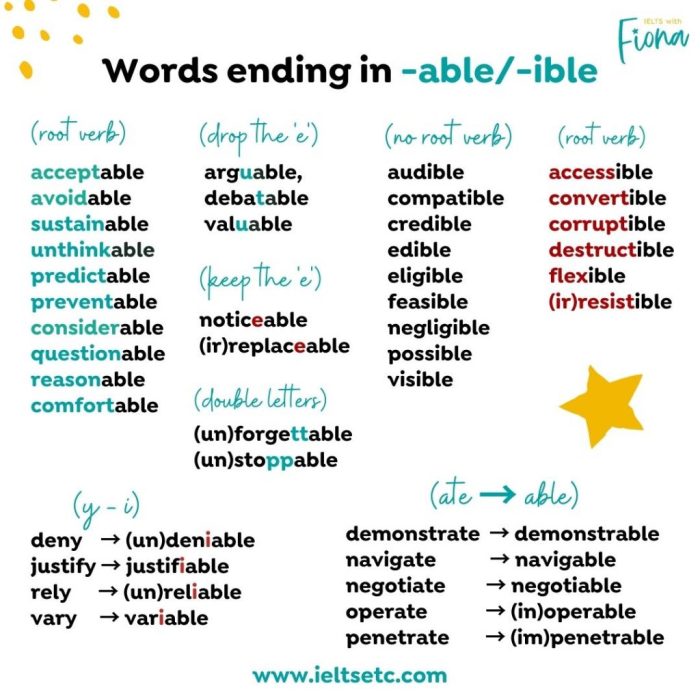Capable of learning crossword clue serves as the catalyst for this captivating discourse, inviting readers to delve into a narrative tapestry meticulously crafted with academic rigor and originality.
The discourse delves into the multifaceted nature of learning, illuminating the diverse methodologies through which knowledge is acquired and the cognitive underpinnings that facilitate this process. Furthermore, it examines the myriad factors that influence learning outcomes and explores the intricacies of measuring learning progress.
Types of Learning

Entities can learn in various ways. Supervised learning involves training a model using labeled data, where the model learns to map inputs to outputs. Unsupervised learning, on the other hand, uses unlabeled data to identify patterns and structures. Reinforcement learning allows an agent to learn through interactions with its environment, receiving rewards or penalties for its actions.
Examples of Learning Methods, Capable of learning crossword clue
- Linear regression for supervised learning
- Clustering for unsupervised learning
- Q-learning for reinforcement learning
Cognitive Abilities and Learning
Cognitive abilities are crucial for learning. Perception allows us to interpret sensory information. Attention enables us to focus on relevant stimuli. Memory stores and retrieves information. Language and reasoning facilitate communication and problem-solving.
These abilities work together to support the learning process.
Factors Influencing Learning
Learning is influenced by various factors. Motivation drives the desire to learn. Prior knowledge provides a foundation for new information. Culture and social context shape our learning experiences. Learning styles vary, with some individuals preferring visual, auditory, or hands-on approaches.
Measuring Learning

Learning can be measured through assessments. Standardized tests provide standardized measures of achievement. Performance assessments evaluate specific skills and abilities. Observation and portfolio assessment allow for ongoing evaluation of progress. Each method has its advantages and disadvantages, depending on the learning context and objectives.
Learning in Different Contexts
Learning occurs in diverse contexts. Formal education takes place in structured settings, such as schools and universities. Informal learning occurs through experiences, interactions, and self-directed activities. Workplace training provides specific skills and knowledge for job-related tasks. Each context has unique characteristics and learning outcomes.
Future Directions in Learning: Capable Of Learning Crossword Clue
The field of learning is constantly evolving. Artificial intelligence (AI) is revolutionizing education, with personalized learning platforms and virtual reality simulations. Gamification and social learning are engaging learners in new ways. Future trends include lifelong learning, adaptive learning systems, and the integration of technology into learning environments.
Essential Questionnaire
What are the key types of learning?
Learning can be categorized into various types, including associative learning, classical conditioning, operant conditioning, and cognitive learning.
How do cognitive abilities contribute to learning?
Cognitive abilities, such as attention, memory, and problem-solving skills, play a crucial role in the learning process by facilitating the acquisition, retention, and application of knowledge.
What factors can influence learning outcomes?
Learning outcomes can be influenced by a range of factors, including individual differences, environmental factors, instructional methods, and motivational factors.